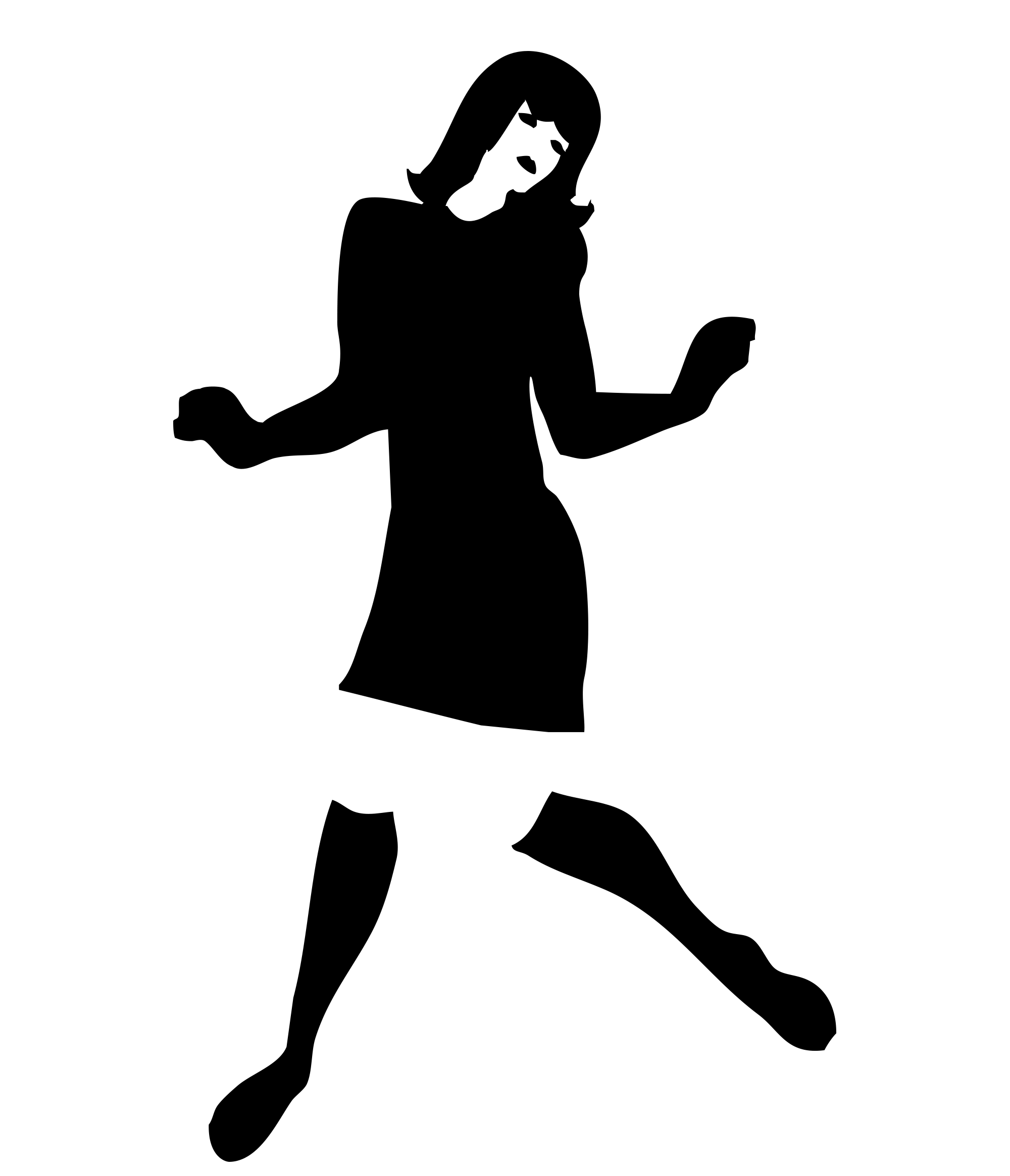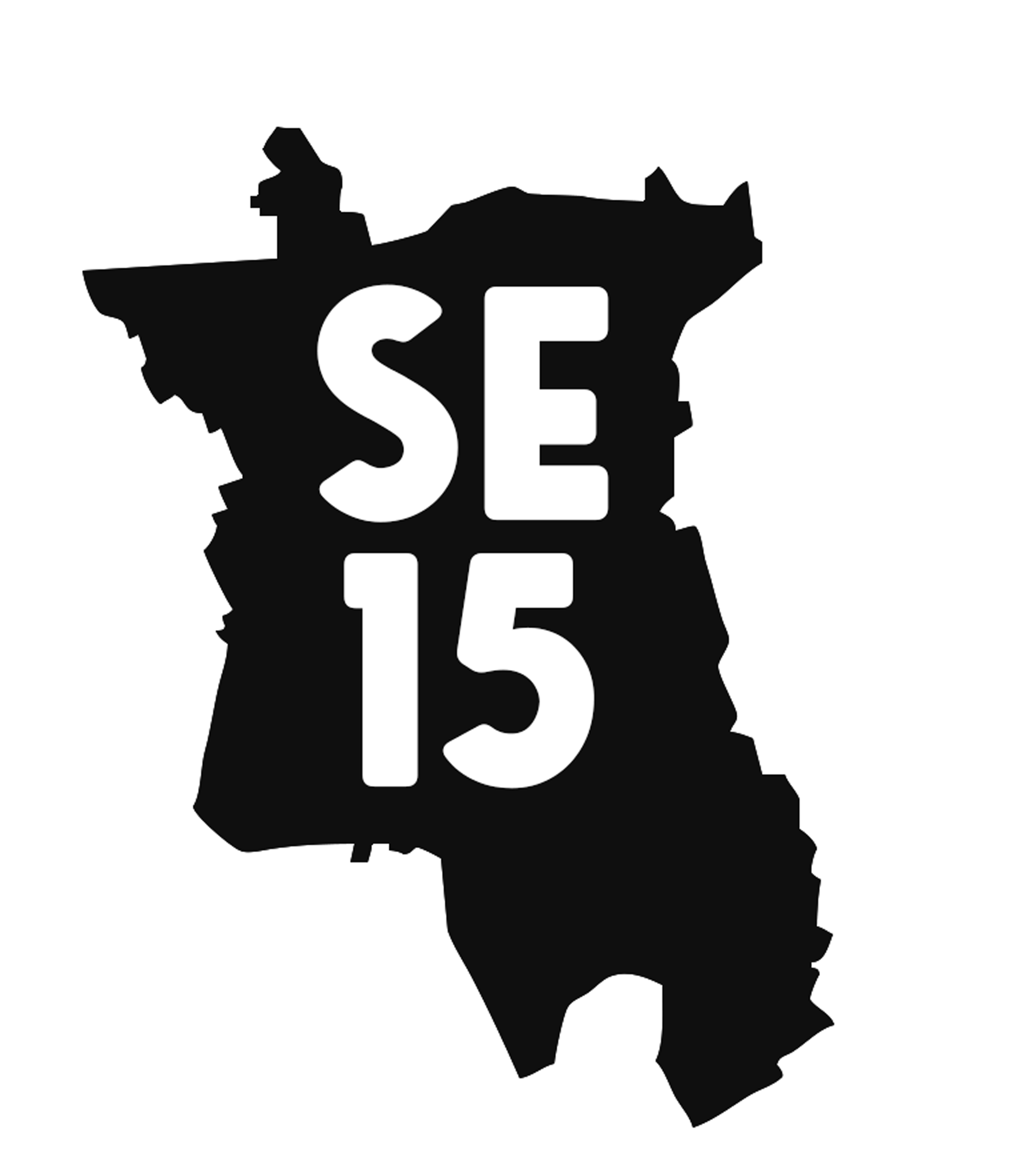RCA Victor
Catalogue No: APL1-1732
VG+VG+
1976 US pressing in beautiful condition.
When Changesonebowie first appeared in May of 1976, Bowie was four years removed from his Ziggy Stardust-fueled UK breakthrough, but he had only recently cracked the U.S. market, with “Fame” hitting number one in 1975. He'd remain in the Billboard Top 10 with Young Americans and Station to Station and, this, the compilation that closed the curtain on the first act of his career.
Bowie would soon decamp to Berlin to reinvent himself as an electronic art-rocker, but Changesonebowie isn't especially interested in his progressive side. Some freakiness lies on its margins—the interstellar folk of “Space Oddity,” the coy sexuality of the non-LP single “John, I'm Only Dancing”—but the anchors here are the heavy rockers: “Ziggy Stardust” and “Suffragette City,” “The Jean Genie,” “Diamond Dogs” and “Rebel Rebel.” Riffs rule all, so loud and hooky they obscure whatever faint hint of camp there may lay underneath Mick Ronson's guitars. Those suggestions of a stranger world—all the allusions to aliens, tramps and zombies—are faint transmissions from the depths of the individual albums, but what's here is Bowie at his simplest. This is quite deliberate. He chose the tracks for Changesonebowie, bypassing actual British hits while elevating “Ziggy Stardust” and “Suffragette City” into the canon by their mere inclusion.











